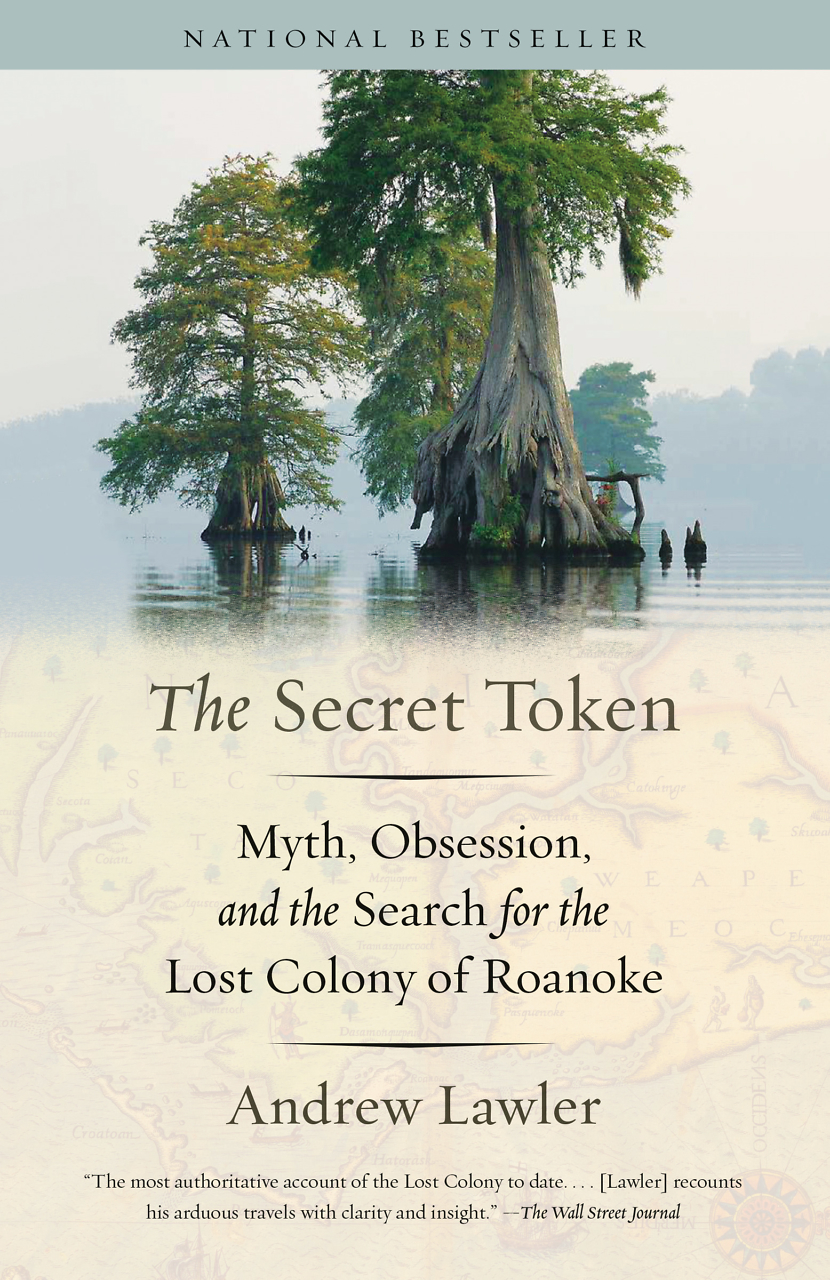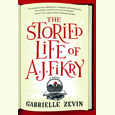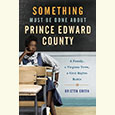An Imperfect Family
Shannon Burke’s The Brother Years is a story of conflict and resilience
Knoxville author Shannon Burke, who beautifully rendered the American West in his 2015 novel Into the Savage Country, takes readers to the suburbs of Chicago in his newest work of fiction, the moving and deeply personal The Brother Years.
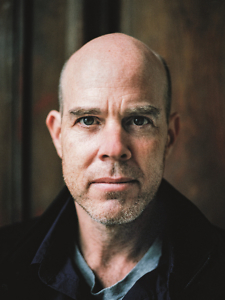
Set largely in the 1970s, The Brother Years is a reflective, episodic bildungsroman, told from the point of view of Willie Brennan, a self-proclaimed “lover of books and music and poetry.” Throughout the book, Willie, with his (mostly) sensitive persona, recalls difficulties from his turbulent upbringing with his parents and three siblings.
Late in the novel, Willie vows, “I was going to be the one in the family who remembered,” but his need to hold onto often painful family memories can be felt from the opening pages. Whether he’s recounting an argument over a motorcycle, a father-son boxing match, or a gun accident, Burke’s protagonist makes it clear that the Brennan household wasn’t an easy place to grow up.
The source for most of Willie’s home struggles can be traced to two people: his boisterous father and his older, “domineering” brother, Coyle. Willie’s father rules the Brennan household with a commanding harshness, insisting the family follow his “religion of maximum effort” known as “The Methods.” The pressure these demands — including early morning paper routes, extended work at home, and rigorous academic pursuits — place on Willie causes significant stress to the young narrator. To make matters worse, sibling rivalry between Willie and Coyle escalates into repeated occurrences of physical violence. Home throughout much of The Brother Years is a place of conflict and anger.
The Brennans are flawed and sometimes incredibly brutal, but thanks to the meticulous layers Burke gives his characters, they always seem genuine. Stubborn Willie is a captivating voice. Part of his appeal is his honesty about his own flaws. He never fully condemns his family; instead, he often makes himself culpable. The patriarch, who could easily become a villain, transforms slowly into someone much more complex, more fully human. The same can be said for Coyle. He has his moments of cruelty, but thanks to Burke’s insistence on treating his characters with respect, he too finds his moments of tender grace.
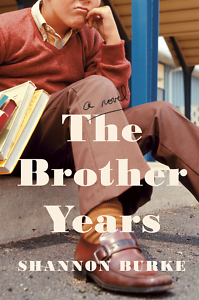 While The Brother Years is very much a rich, character-driven novel, it is also an affecting and consistently challenging study on class dynamics. Willie paints his family’s financial status clearly:
While The Brother Years is very much a rich, character-driven novel, it is also an affecting and consistently challenging study on class dynamics. Willie paints his family’s financial status clearly:
All the houses around us were large and fancy, with red tile roofs and manicured lawns and long curving driveways with multiple expensive cars parked in large garages. Our house didn’t fit in at all. It was small, squat, and redbrick, with dirt patches in the yard. We had one shower for the six of us. When we got in fights they spilled out into the yard and all the neighbors peeked out to see what was going on with the weird, poor family in that rich neighborhood.
The Brennans’ economic condition clearly marginalizes them and causes Willie and his family to exist in a bubble of otherness. Not only are the Brennans outsiders in their own neighborhood, but they are also viewed as being different at work and at school.
Burke reminds readers that while money undoubtedly grants opportunities, it isn’t everything. Hard work and persistence can make dreams possible, too. Through determination, the Brennan kids attend the most prestigious school in the area; Willie gets to prove his athletic talent; and Coyle achieves the seemingly impossible.
The Brennans aren’t a perfect family. Their household is chaotic; school is a trial; and work is constant. Yet they never give up. Their story is a stirring testament to the power of resilience.

Bradley Sides‘ debut collection of short stories, Those Fantastic Lives, is forthcoming from City of Light Publishing in 2021. On most days, he can be found teaching creative writing and English in southern Tennessee.
